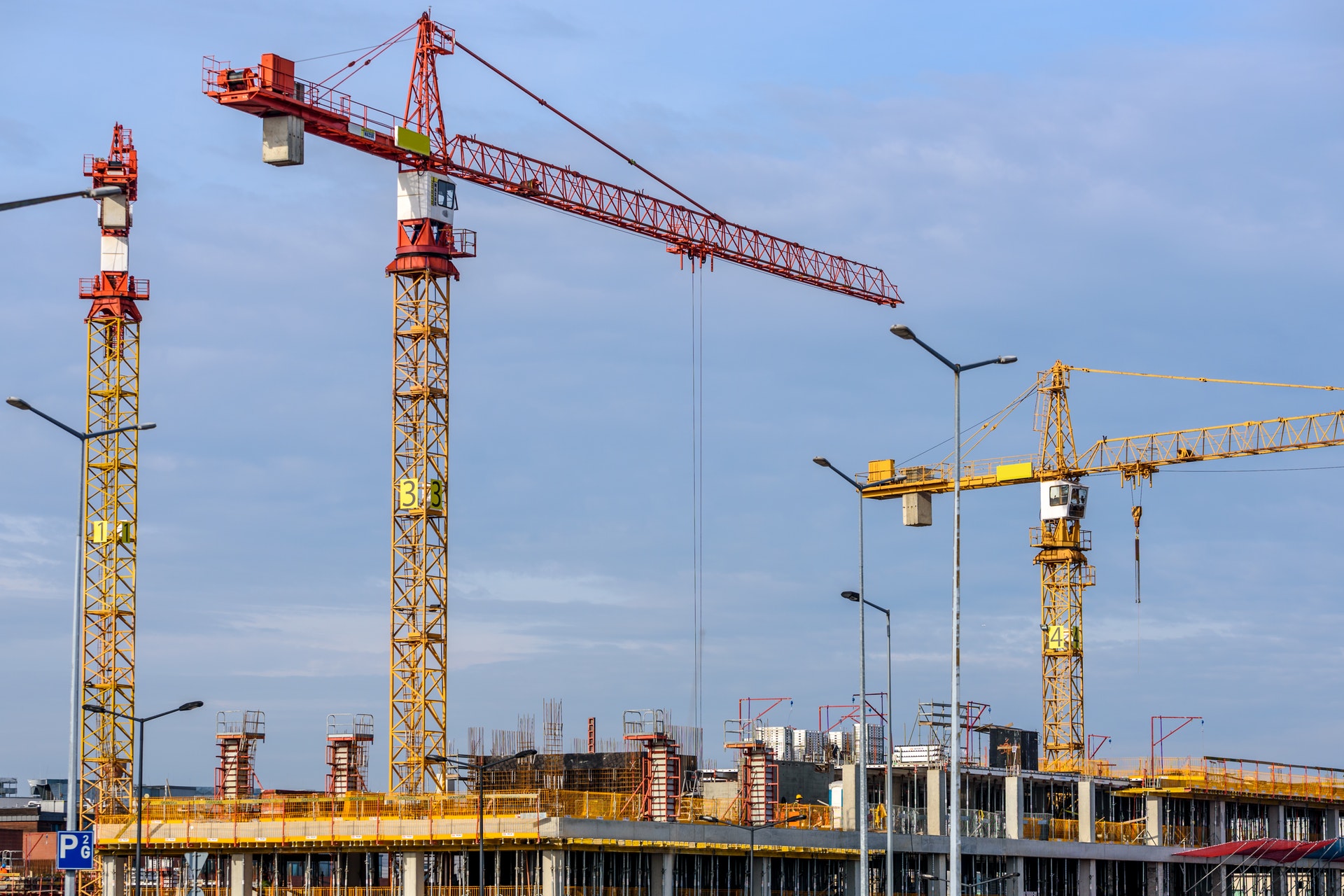When you own construction machinery, you incur considerable depreciation costs. Adrighem.com knows all about that. You have to think about reselling equipment, and thus maintaining it as long as possible. This requires quite a large investment on top of your upfront purchase. Over time the value will continue to depreciate, which makes it more difficult to recover the cost of your initial investment. While all companies operate differently, it might be beneficial to consider renting construction equipment to avoid losing invested money due to depreciation.
Rent specifically for a project

Generally, construction companies are working on several projects at once. Instead of paying for logistical costs of moving equipment and sharing them among these projects, you can rent specific equipment for particular projects. You will prevent logistical delays that are lurking, and you provide each job site with the best resources it can get. All in a timely and efficient manner.
Solve Equipment Storage Issues
When owning equipment, companies must-have storage solutions in place. To safely keep equipment when it is not in use. Equipment that is not stored properly or exposed to harsh weather conditions may depreciate faster. On top of that, warehouse or storage space is an additional cost for construction companies. If you negotiate with vendors or suppliers regarding how long you need a rental, your company may not need to worry about long-term storage. This saves you the time needed to plan out the logistics, as well as the cost of storage. We can’t overlook the fact that warehouse costs can be extremely high. This is especially true if you have a fleet of machinery. In contrast, leasing has the ability to take this inconvenience away.
Transportation Logistics
Renting equipment saves you time and money from having to transport machinery to project sites. Because transportation can take a long time, it can affect the productivity and efficiency of a project. Moreover, the time spent waiting for equipment can cause delays and impede the progress already made on job sites. To avoid this burden, you should consider renting. It provides a more reliable equipment option by keeping equipment onsite.
Further Considerations
Despite the fact that this article outlined the benefits of renting, it does not always mean it is the most optimal solution for all companies. In order for companies to determine what course of action works best for them, additional financial and logistical planning is needed. In addition, a combination of equipment rentals and purchases may be the most effective plan. In many instances, renting has some major advantages that benefit companies of all sizes by creating efficiencies and reducing logistical considerations.
Source: www.adrighem.com

